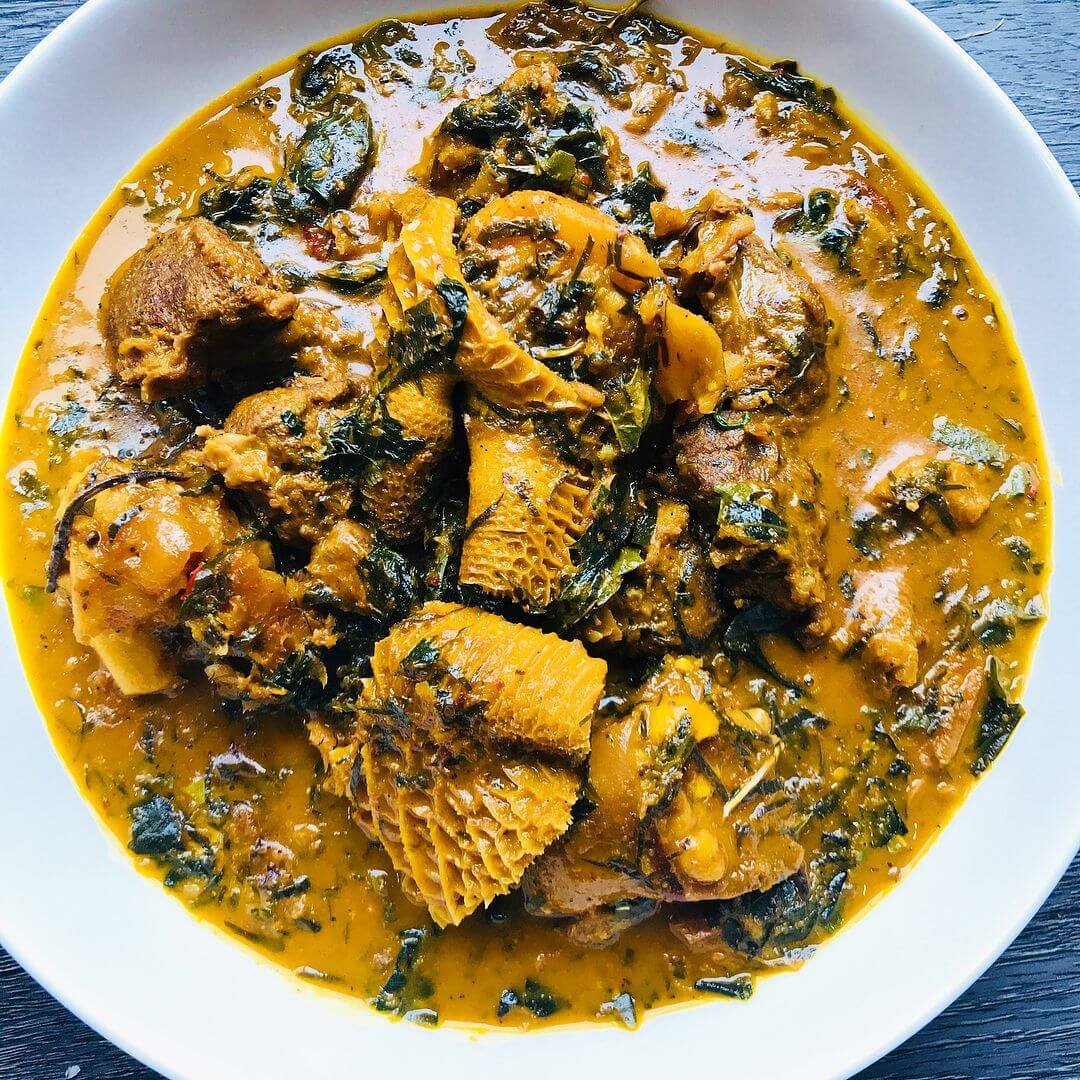Geographical and Demographical Overview of Nigeria
Nigeria is located in West Africa and is bordered by four countries: Benin to the west, Chad to the northeast, Cameroon to the east, and Niger to the north. To the south, it boasts a long coastline along the Gulf of Guinea, which plays a significant role in its economy and cultural interactions. The Gulf not only serves as a vital waterway for maritime trade but also contributes to the country’s biodiversity, impacting fishing and tourism. With a land area of 923,768 square kilometers, Nigeria is the largest country in Africa, exhibiting a variety of geographical features, including savannas, rainforests, and hills, which provide a backdrop for its diverse wildlife and ecosystems.
Demographically, Nigeria is recognized as the most populous nation on the African continent, with an estimated population of around 210 million people. This significant figure reflects a youthful demographic, as nearly half of the population is under the age of 30. Nigeria is divided into 36 states and one Federal Capital Territory, where the capital city, Abuja, is located. Abuja was selected as the administrative center in 1991 due to its central location, allowing for better governance and resource distribution across the country.
The ethnic diversity of Nigeria is amongst the most extensive in the world, with over 500 ethnic groups residing within its borders. The three largest ethnic groups are the Hausa, Igbo, and Yoruba, each with its rich traditions, languages, and cultural practices. This diversity is a fundamental aspect of Nigeria’s identity and continues to shape its societal dynamics. The coexistence of various cultures and traditions contributes to a vibrant national heritage, albeit sometimes leading to challenges in social cohesion and governance. Understanding Nigeria’s geography and demography is essential for grasping the complexities that influence its culture, economy, and political landscape.
Historical Evolution of Nigeria
Nigeria has a complex and multifaceted historical context that shapes its identity today. The roots of modern Nigeria can be traced back to numerous kingdoms and tribal states that flourished over millennia. Among the notable pre-colonial societies were the Hausa city-states in the north, the Yoruba kingdoms in the southwest, and the Kingdom of Aksum in the southeast. These early civilizations engaged in extensive trade, cultural exchanges, and political alliances, which laid the groundwork for modern Nigerian society.
The 19th century marked a significant turning point with the advent of British colonial rule. In 1865, Britain established the Lagos Colony, which later expanded to incorporate the broader territories now known as Nigeria. The amalgamation of the Northern and Southern Protectorates in 1914 was pivotal, as it introduced administrative structures that would influence governance in the region. The British implemented the concept of indirect rule, utilizing traditional chiefdoms to maintain control while appearing to respect local customs.
The path to Nigerian independence began in earnest after World War II, fueled by heightened nationalist sentiments among the populace. Nigeria ultimately achieved independence from British colonial rule on October 1, 1960. However, the nation soon grappled with internal strife, leading to the Nigerian Civil War, which spanned from 1967 to 1970. This conflict resulted in widespread devastation and loss of life, marking a dark chapter in Nigeria’s history.
Following the war, Nigeria navigated a tumultuous political landscape characterized by periods of military dictatorship and brief interludes of democratic governance. It was not until 1999 that the nation transitioned to a stable democracy, which has since prompted efforts to address the deep-seated issues arising from its colonial legacy and internal conflicts. This historical evolution underscores the complexities of Nigeria’s journey and its ongoing quest for national unity and progress.
Cultural Tapestry of Nigeria
Nigeria is a nation composed of over 250 ethnic groups, each contributing to its rich cultural tapestry. The diversity of these groups is reflected in the multitude of languages spoken throughout the country, with over 500 distinct languages identified. While English serves as the official language, enabling communication across diverse populations, other major languages such as Hausa, Yoruba, and Igbo are prevalent within their respective regions. This linguistic diversity is not merely a reflection of communication, but rather highlights the unique identities and traditions of each ethnic community.
The cultural landscape of Nigeria is also marked by its predominant religions. The country is largely split between Islamic beliefs, which are predominant in the northern regions, and Christianity, which thrives mainly in the southern states. This division is often accompanied by rich cultural practices that include various festivals, traditional rites, and communal celebrations. Furthermore, indigenous religions persist alongside these major faiths, showcasing the importance of spirituality in the lives of many Nigerians and further emphasizing the coexistence of diverse belief systems.
Traditional values play a crucial role in shaping the daily lives of Nigerians. Family structures often extend beyond the nuclear concept, highlighting communal living and support systems. Additionally, art forms such as music, dance, and storytelling are integral to cultural expression, often serving as a means to pass down history and moral teachings through generations. Festivals are vibrant displays of this rich heritage, with colorful attire, rhythmic music, and traditional performances coming together to celebrate cultural identity.
As a result, the cultural heritage of Nigeria is not only a reflection of its past but also a foundation upon which the nation’s modern identity is built. The rich traditions, languages, and religious practices of its people encapsulate the essence of Nigeria as a true multinational state, where every cultural thread contributes to the overall narrative of resilience, beauty, and unity in diversity.
Nigerian Cuisine: A Taste of Tradition
Nigerian cuisine is a colorful tapestry of flavors, traditions, and cultures, reflecting the rich diversity of its people. One of the most beloved dishes that exemplifies this culinary heritage is egusi soup. This traditional dish is prepared using ground egusi seeds, which are derived from the melon plant and are a key ingredient. The seeds are known for their nutty flavor and high nutritional value, making them a staple in many Nigerian households.
In its preparation, egusi soup is typically accompanied by an array of meats, including goat, chicken, or fish, as well as various spices that enhance its rich and hearty flavor. Leafy vegetables, such as spinach or bitter leaf, are often included, adding both nutritional benefit and depth to the dish. The combination of these ingredients creates a unique soup that is not only delicious but also deeply rooted in the customs of various ethnic groups in Nigeria.
Among the major ethnic groups, the Igbo and Yoruba people hold egusi soup in particularly high regard. In Yoruba culture, especially in Osun State, ‘iyan and egusi’—a combination of pounded yam and egusi soup—serves as a ceremonial dish commonly enjoyed during significant celebrations and gatherings. This tradition underscores the importance of egusi soup in fostering community and familial bonds.
Additionally, egusi soup can be paired with various starchy sides such as eba, fufu, or pounded yam. These accompaniments not only balance the flavors of the soup but also provide a satisfying texture that enhances the overall dining experience. For those interested in exploring this iconic dish further, watching a preparation video can offer invaluable insights into the techniques and ingredients that define egusi soup, making it an essential component of Nigerian cultural identity.




